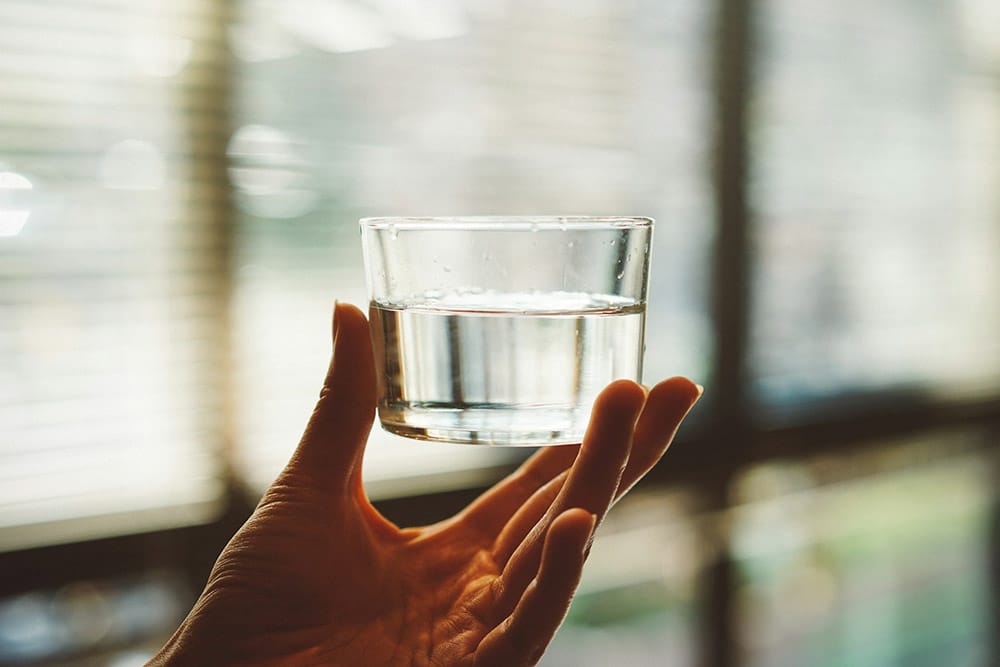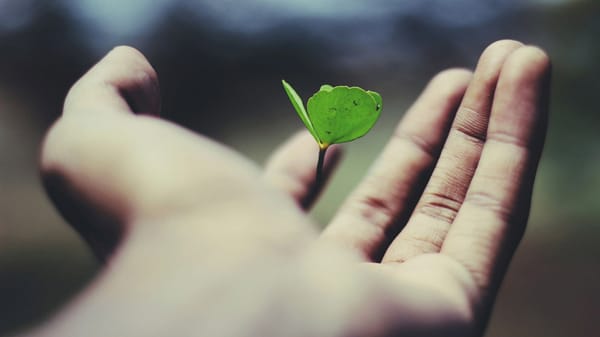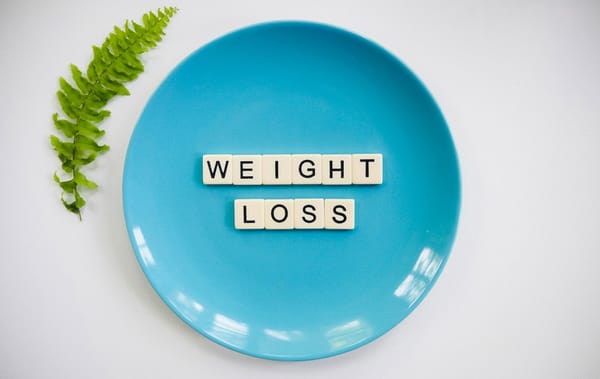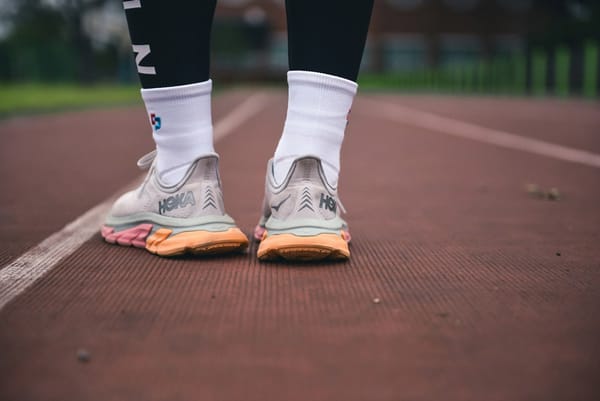The Link Between TDEE and Hydration: How Water Intake Affects Your Energy Needs?

Water can easily be downplayed in terms of its value in energy needs management. Water is, however, vital to overall health and Total Daily Energy Expenditure (TDEE). Hydration can mean the difference between meeting or missing body demands for metabolism, physical performance, and nutrient processing and, therefore, affect caloric needs. The following article will explore how hydration affects TDEE and why maintaining adequate hydration is necessary to stimulate optimum energy levels and well-being.
What Is TDEE?
But first, let us settle on what exactly TDEE is before going ahead with the link between TDEE and hydration. TDEE means the total number of calories your body requires to carry out all the functions throughout the day, including resting metabolism (or basal metabolic rate, BMR) and physical activity. The BMR is factored into a TDEE calculation and then adjusted up based on one's type of physical activity ranging from sedentary to very active for a day. Because of this, one of the most critical points in managing TDEE setup for weight maintenance, weight reduction, and muscle building is correctness in assessment.
How Important Hydration Is to Metabolism
Most of hydration's effect on TDEE is due to its importance in metabolic processes. Our bodies are made up of 60% water, and practically all cellular processes happen with this solvent. This includes:
- Transforming food into energy
- Moving nutrients through our body
- Regulating body temperature
If a body is dehydrated, then all these go down; it affects calorie burning, which might drag down metabolism. Even the most slight form of dehydration can lower the metabolic rate. This means that if a person is not drinking enough fluids, he or she may not burn as many calories. This can present a problem in losing weight or maintaining weight.
Hydration, in addition, has an influence on thermogenesis, the heat production process in the body. Studies have shown that drinking water can raise your metabolic rate for a short period by as much as 30%. This phenomenon is termed water-induced thermogenesis, and this is why hydration is commonly linked with a higher TDEE.
Hydration and Physical Activity
Hydration now has a key role when it comes to physical activity. With the expense of exercise, and especially high-intensity or endurance exercise, fluid is lost mainly in the form of sweat, and the body then needs reenacting this loss. Proper hydration equalizes body temperature during exercise and lubricates muscles, joints, and tissues, lowering the risk of injury.
A dehydrated body might not work, and hence the performance level during exercise could fall to low energy contracts. This not only affects the workout per se but also means that total calories burnt will go down as well. If the intensity of the workout decreases due to dehydration, so will the number of calories burnt, thus affecting overall TDEE.
Indeed, studies show that dehydration can result in a decline in endurance performance of greater than 10%. Therefore, staying hydrated while exercising is important to ensure maximum energy use and improve TDEE. Correct hydration will allow you to go harder with your workouts, thus burning more calories and keeping the metabolic rate high.
How Much Water Should You Drink for Optimizing TDEE?
Each person has different water intake needs concerning their size, physical activity, and especially climate. While a formula does not apply to all, the least amount one should consider is about eight 8-ounce glasses of water each day (the '8x8' rule) to correspond to 2 liters or half a gallon daily. The needs might change according to individual's requirements.
For those involved in physical activities or living in hot climatic conditions, the demand for water considerably increases. The common recommendation for athletes is to drink between 17 and 20 ounces (500-600 ml) of water about 2-3 hours prior to exercise and 7-10 ounces of water every 10-20 minutes during exercise. Afterward, rehydrating fluids is essential to restore lost hydration and allow for the body to be in a good state for recovery.
Listening to thirst is key, but take a proactive stance in hydration, especially with increased physical activity or when in hot weather. The body can be dehydrated without you knowing it until it is too late to affect performance and energy levels.
Hydration and Appetite Regulation
Interestingly, there's also the role of hydration in appetite control, which could further influence TDEE. It has been found that drinking water before meals can be a great way to decrease appetite. This may allow you to stick to a lower caloric intake—a very handy tool, indeed, for someone looking to shed extra pounds or manage ingestion more effectively.
At times, people mistake dehydration for hunger, and this could lead to overeating. If a person is hydrated, then appetite regulation will be better, along with the digestion, therefore leaving nutrients at their peak.
The Effect of Dehydration on TDEE
Because of the slowdown in metabolic rate, low calorie burning potential, and impaired physical performance, chronic dehydration will often result in fatigue over a long period, muscle cramps, and digestive problems, perhaps making it harder to maintain an active lifestyle and optimize TDEE.
In even more severe cases, dehydration can have a negative health impact including kidney stones, heat stroke, and other complications. This is why simply keeping hints of proper hydration in the body may not just help in flowing correctly with the body organs but, at the same time, in supporting TDEE.
Conclusion
In the broadest perspective, water is vital for the human body. You can, in fact, be lit in an antistress solution for up to seven days without drinking while remaining alive. Water boosts the body's internal processes: digestion, absorption, circulation, and temperature regulation. Hence, hydration is important to effective body function and repair.
Hydration can keep you from feeling sluggish when it's hot out, keep your skin supple, and even help with some health conditions, and it's not just what you drink: don't forget about water-rich foods. Drink to thirst unless you're an athlete or have health issues: then consult an appropriate professional.



